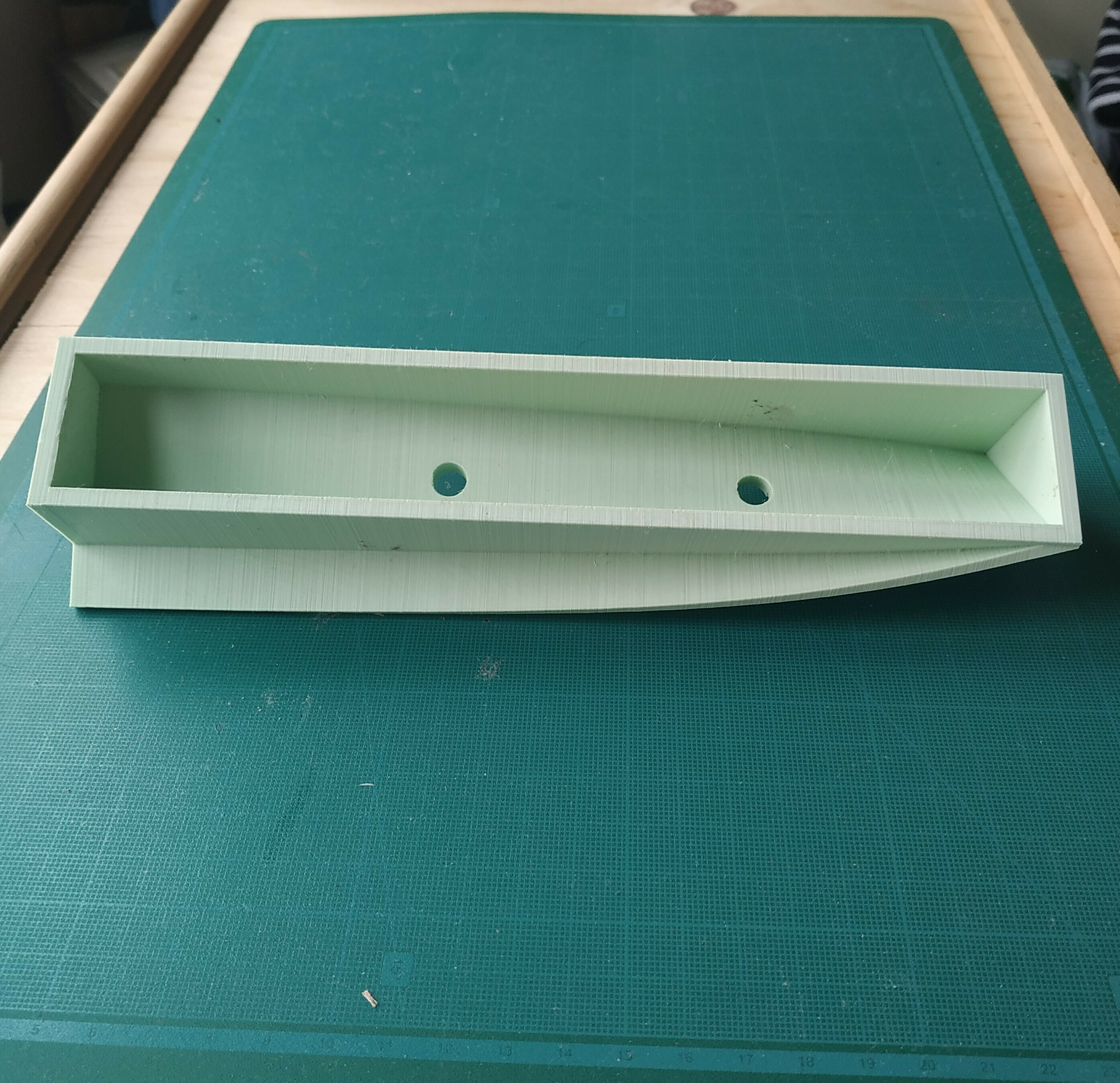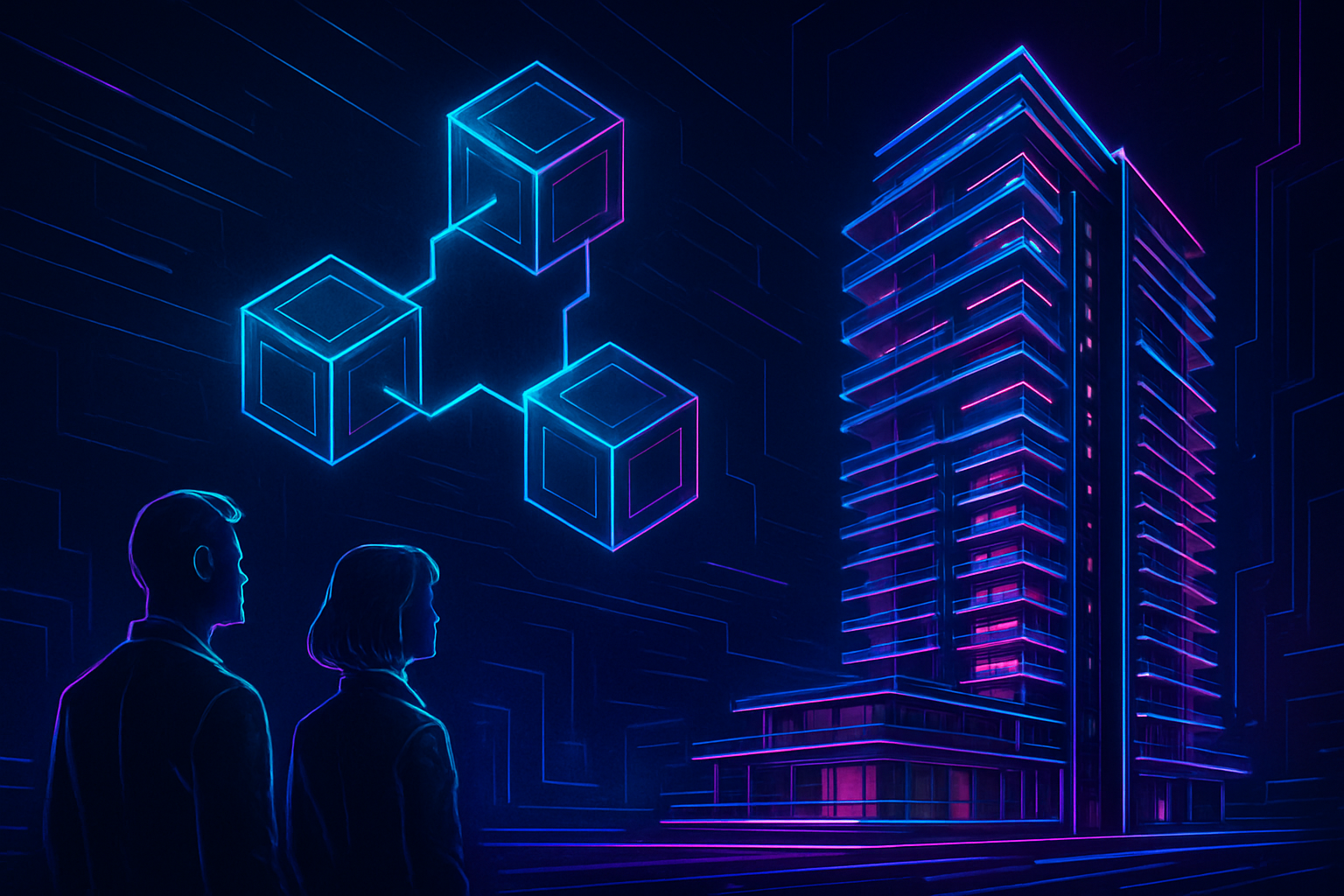
For generations, luxury real estate has been a playground for the ultra-wealthy, with sky-high entry costs and illiquid markets keeping most investors sidelined. Today, blockchain-powered fractional ownership real estate is rewriting those rules. By splitting high-value properties into digital tokens, platforms are enabling anyone with a few hundred dollars to own a slice of a penthouse in Dubai or a villa on the French Riviera. The result: an unprecedented democratization of access to prime global property assets.

How Fractional Ownership Works in Tokenized Real Estate
Fractional ownership is not just timeshares rebranded for the digital age. Instead of buying time or usage rights, investors purchase actual equity stakes in properties – represented by blockchain-based tokens. Each token corresponds to a precise share of the underlying asset, entitling holders to a portion of rental income and potential appreciation.
The integration of blockchain delivers several key advantages over traditional syndicates or REITs:
- Transparency: Every transaction is immutably recorded on-chain, reducing disputes and fraud risks.
- Liquidity: Tokens can be traded on secondary marketplaces, unlocking exit options that simply don’t exist with direct property ownership.
- Global Reach: Investors from anywhere can participate without cumbersome cross-border legal hurdles.
This new paradigm is already being realized by innovative blockchain real estate platforms. For example, PropBlock’s Tokenization Engine transforms trophy assets into digital shares governed by smart contracts, while LuxFract automates compliance and rental management for vacation homes worldwide. Even platforms like Shheikh. io are lowering entry points to as little as $100 – making it possible for everyday investors to gain exposure to blue-chip real estate portfolios.
Pioneering Platforms Driving Change
The momentum behind tokenized luxury property investment isn’t just theoretical. It’s visible in the rapid emergence of specialized platforms that blend real-world assets with decentralized finance infrastructure:
Top 3 Property Tokenization Platforms in 2025
-
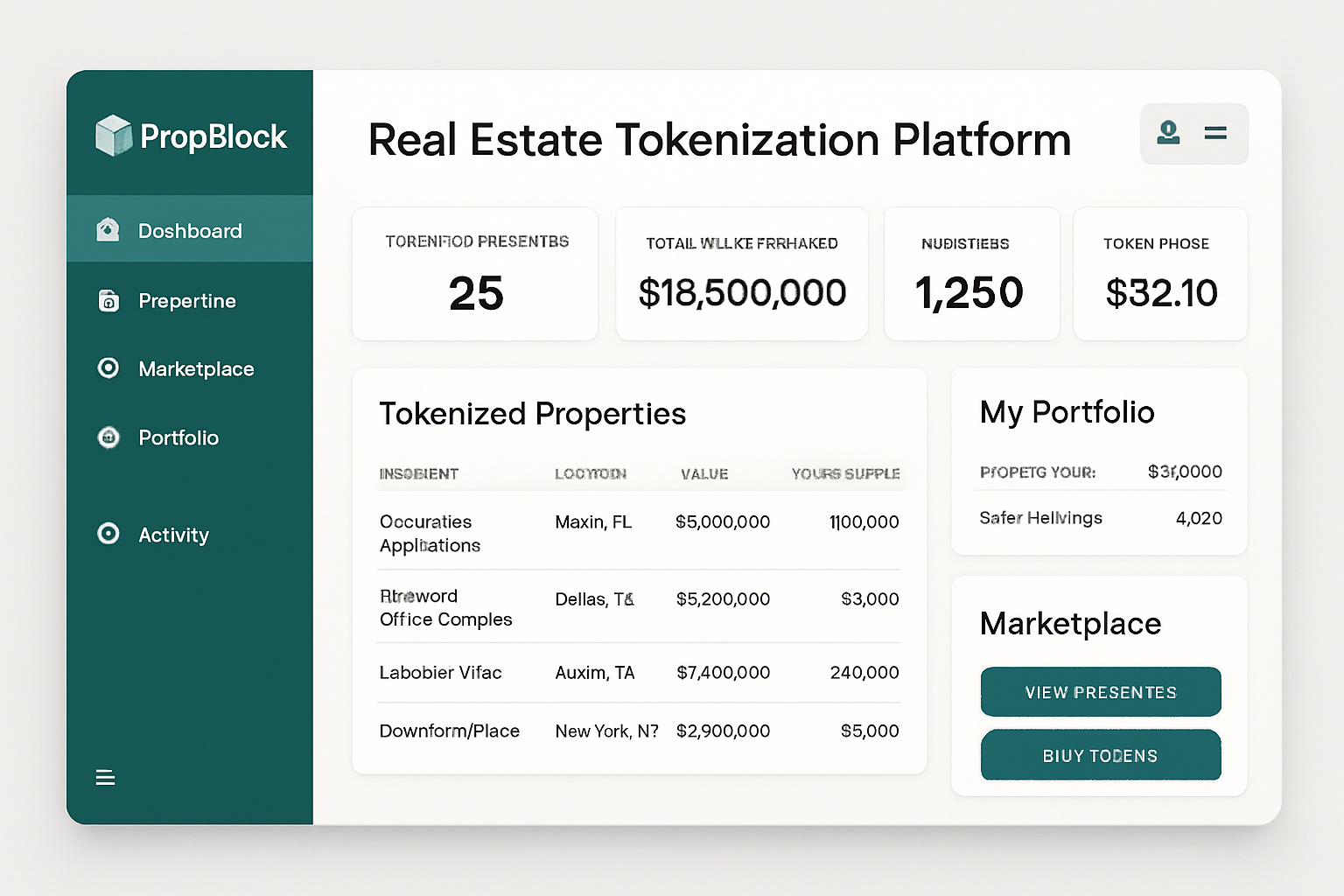
PropBlock: A leading platform enabling institutions to launch and manage tokenized real estate investment offerings. PropBlock’s Tokenization Engine transforms real-world properties into blockchain-based digital tokens, supporting fractional ownership with automated smart contracts for transparency and efficiency. Learn more.
-
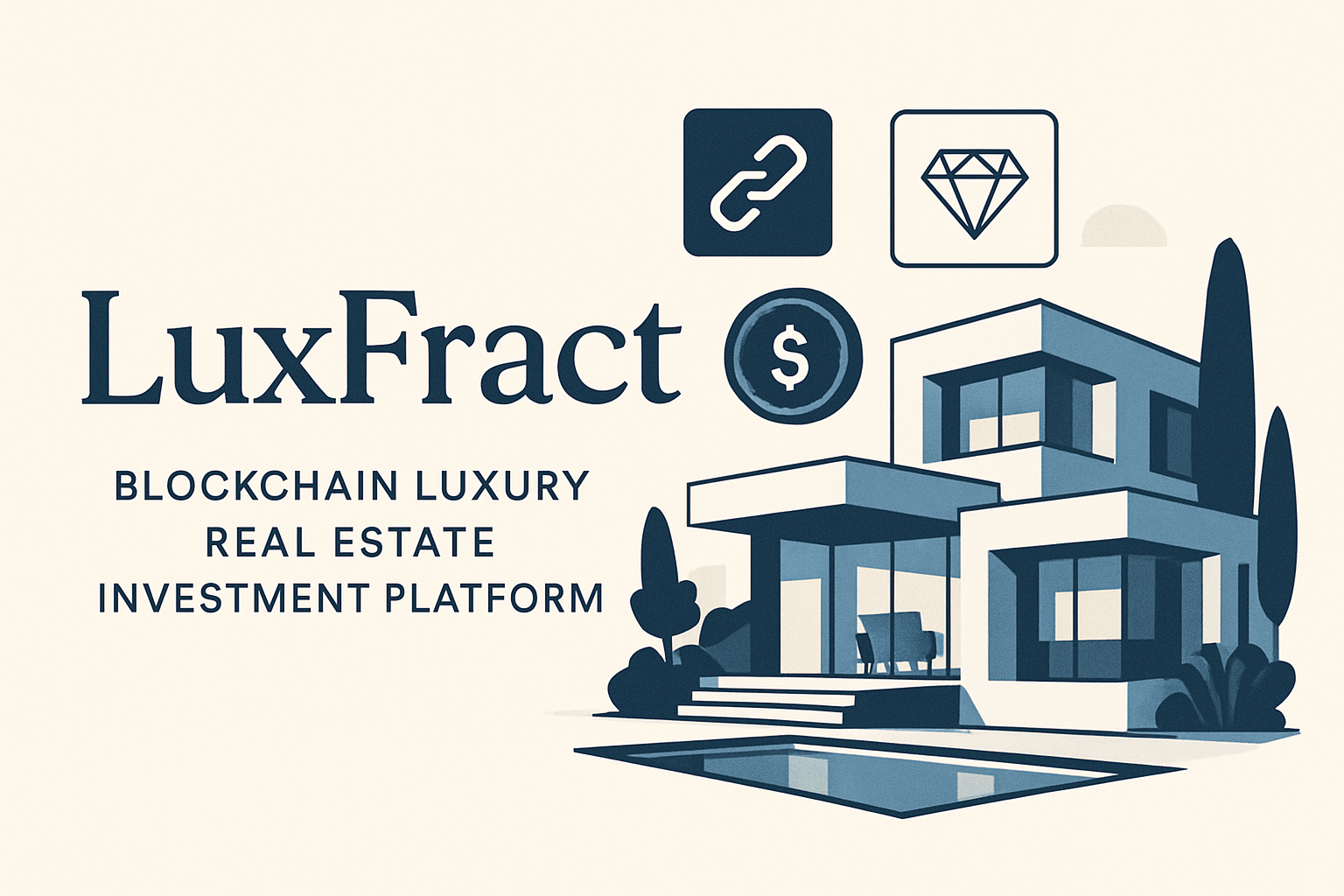
LuxFract: Specializing in high-end vacation homes and luxury properties, LuxFract leverages blockchain to make premium real estate accessible to global investors. The platform features automated legal compliance and an AI-powered rental management system for optimized passive income. See details.
-

Shheikh.io: An AI-powered Web3 marketplace offering fractional ownership of luxury real estate and other high-value assets. With a minimum investment as low as $100, Shheikh.io enables users to invest in properties, collectible vehicles, and fine art, all backed by blockchain automation and real-world assets. Read more.
– PropBlock: Facilitates institutional-grade offerings with robust smart contract automation. – LuxFract: Focuses on high-end vacation properties and streamlines rental yields via AI. – Shheikh. io: AI-powered Web3 marketplace for fractionalizing everything from mansions to collectibles – all starting at $100.
This ecosystem is evolving fast as developers and investors recognize the efficiency gains of programmable ownership and automated compliance checks. Notably, Dubai’s DAMAC Group signed a $1 billion deal with MANTRA to tokenize its property portfolio – signaling major institutional buy-in for this model.
The Benefits: Lower Barriers, Higher Liquidity, Real Transparency
The appeal of blockchain-based fractional ownership goes beyond novelty. It addresses some of the most persistent pain points in traditional luxury real estate investment:
- Dramatically Lower Minimums: With tokenized shares available for as little as $100 on some platforms, exclusivity gives way to inclusivity.
- Simplified Global Participation: No need for complex legal structures or intermediaries; anyone can invest from anywhere.
- Secondary Market Liquidity: Investors aren’t locked in for years – they can trade tokens when market conditions shift or personal needs change.
- End-to-End Transparency: Blockchain ledgers make every transaction traceable and verifiable by all stakeholders.
This shift also opens up new models like crypto rental yields and gamified property investing (as seen with PlayEstates), giving rise to hybrid asset classes that blend entertainment and financial returns. For forward-thinking investors seeking diversification beyond stocks or crypto coins alone, these innovations mark an inflection point in how value is created and shared across borders.
Still, as with any emerging asset class, the rise of property tokenization platforms brings its own set of challenges. Regulatory frameworks are evolving unevenly across jurisdictions, and due diligence remains critical. Investors must evaluate not just the underlying property but also the credibility of the platform, smart contract security, and compliance with regional laws. The best projects provide full transparency around asset valuation, legal structure, and ongoing management, empowering investors to make informed decisions in a space that’s rapidly maturing.
Risks and Considerations for Investors
While blockchain technology automates trust and efficiency, it doesn’t eliminate all risks. Volatility in secondary markets can impact token prices independent of real estate fundamentals. Illiquidity may persist for certain assets or in times of market stress. Moreover, tax treatment for fractionalized tokens varies widely by country and is subject to regulatory change.
Key Risks in Fractional Real Estate Ownership
-

Regulatory Uncertainty: The legal status of tokenized real estate varies by jurisdiction, and evolving regulations can impact investor rights, taxation, and platform operations.
-
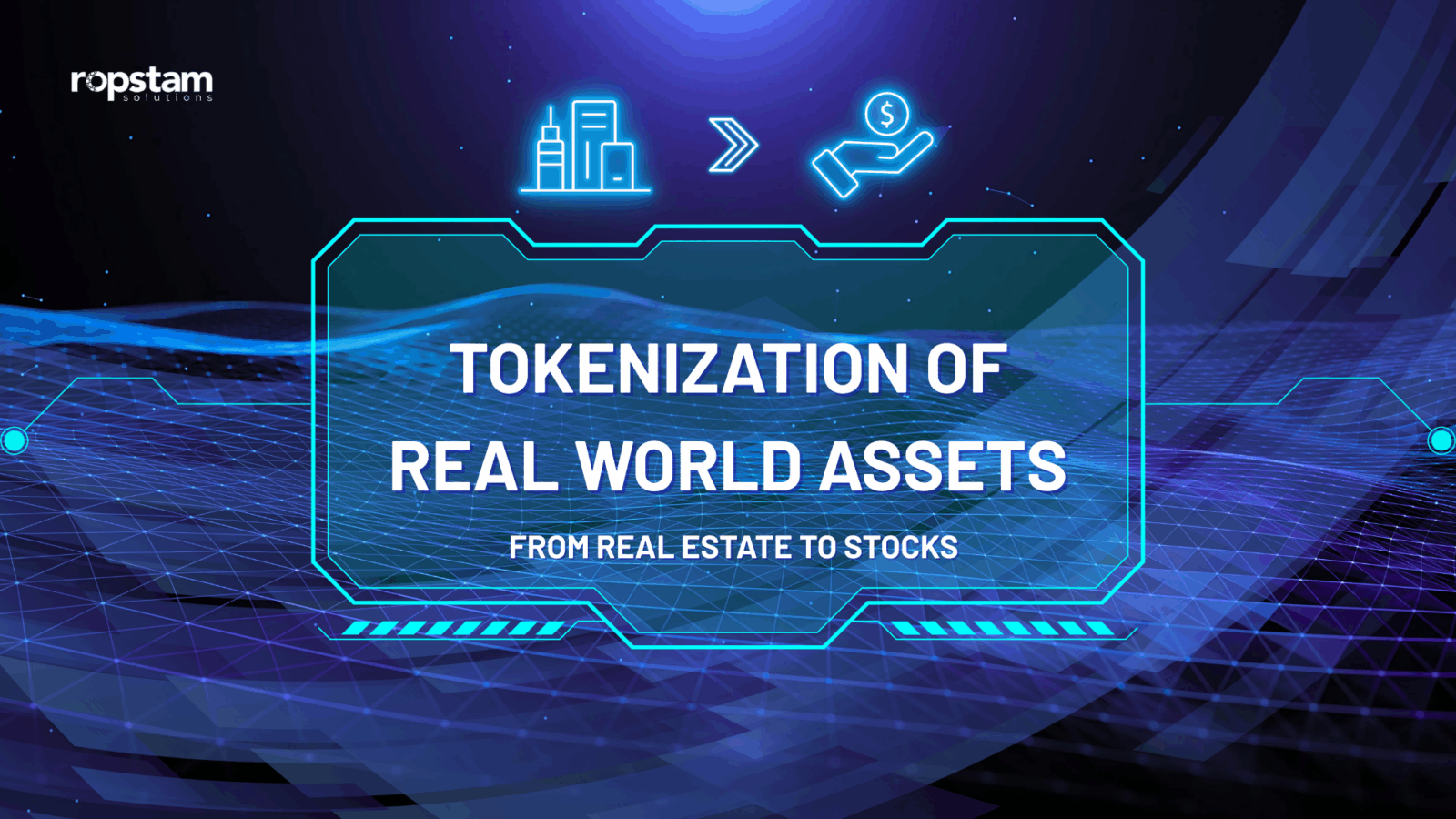
Liquidity Constraints: While tokenized assets promise improved liquidity, secondary markets for fractional real estate tokens are still developing, and selling your stake quickly may not always be possible.
-

Property Management Risks: The value of your investment depends on effective property management. Issues like poor maintenance, vacancy, or mismanagement can erode returns, even on reputable platforms like Shheikh.io.
-
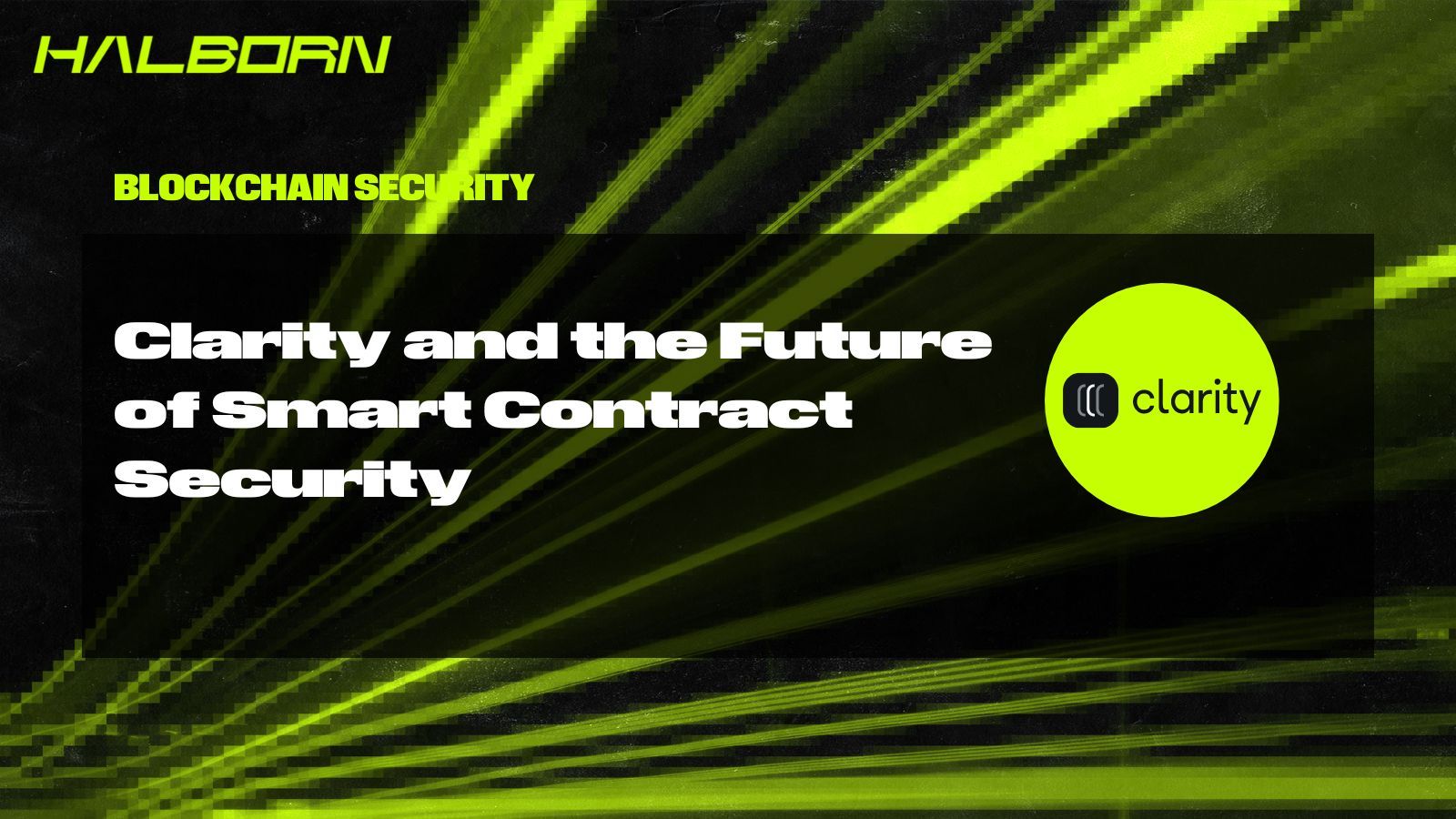
Smart Contract Vulnerabilities: Blockchain-based investments rely on smart contracts, which, if poorly coded or exploited, can result in loss of funds or incorrect distribution of returns.
-
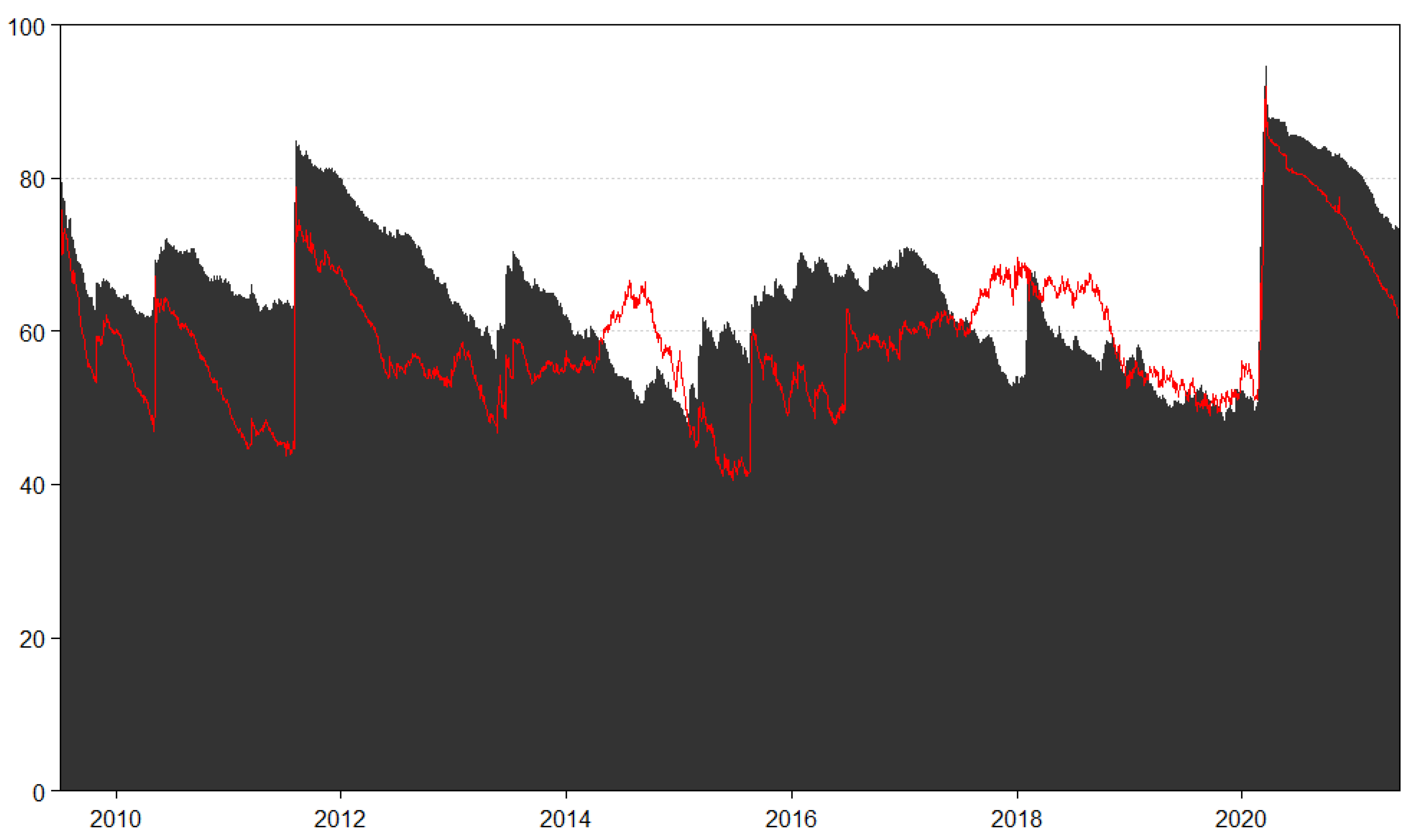
Market Volatility: Real estate markets can fluctuate due to economic, political, or local factors, impacting the value of your fractional ownership regardless of blockchain integration.
-

Due Diligence Challenges: Investors may have limited transparency into the underlying property’s condition, valuation, or legal encumbrances, especially when investing through global platforms.
For those new to tokenized luxury property investment, education is paramount. Many platforms now offer detailed dashboards tracking income streams (like crypto rental yields) and market value appreciation in real time, but investors should scrutinize all disclosures and seek independent legal or financial advice before committing capital.
The Future: Mainstream Adoption on the Horizon?
The trajectory is clear: as more high-profile deals like DAMAC’s $1 billion partnership with MANTRA hit the headlines, confidence in blockchain-powered real estate grows. We’re seeing early signs that these innovations are not just a passing trend but a foundational shift, offering both institutional and retail investors unprecedented access to prime global assets.
This momentum is reinforced by a new generation of platforms prioritizing user experience, regulatory compliance, and seamless cross-border participation. As token standards mature and interoperability improves across blockchains, expect even greater liquidity and lower friction in trading high-value property stakes worldwide.
The next wave will likely see integration with DeFi protocols for instant lending against property tokens, expanded use cases like token-gated stays or events at luxury properties, and broader adoption among traditional wealth managers seeking diversification for clients. As always, those who adapt early stand to benefit most from these structural changes.
Innovation meets value: Fractional ownership via blockchain isn’t just about digitizing deeds, it’s about unlocking access to wealth creation that was once reserved for a privileged few.



